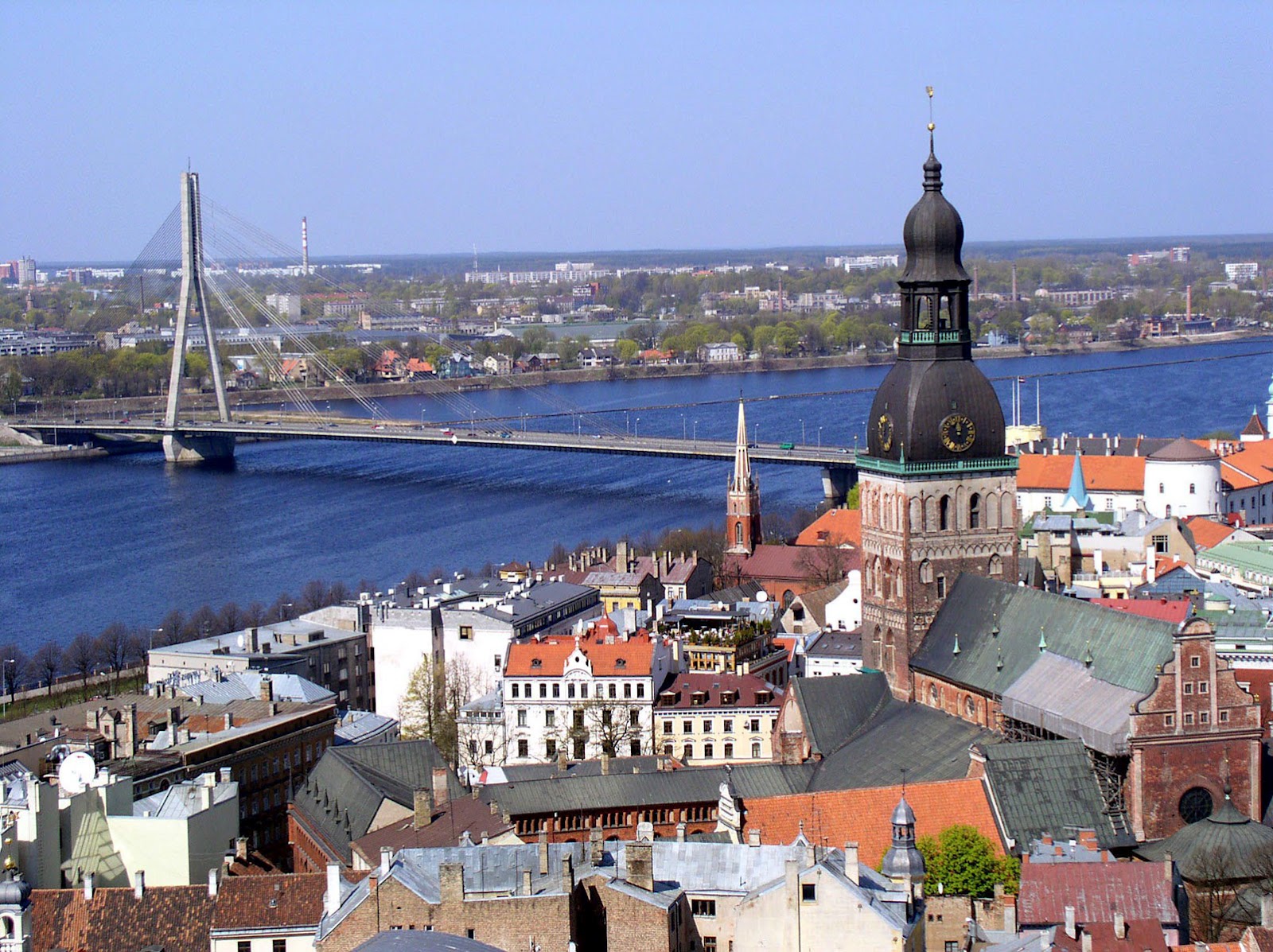Spatial Development of Riga – Past, Present and Future" by Miguel Oliveira
Miguel Oliveira
Universidade Nova de LisboaSeptember 17, 2013
Center for Urban History, Lviv
Riga, the capital of Latvia, is located on the Eastern part of the Baltic Sea (Gulf of Riga), and is also the largest city in the Baltic States. Founded in 1201, the city has been part of the Hanseatic League, or the Swedish and Russian Empires, and between 1918 and 1940 served as the capital of independent Latvia . Afterwards, Riga was occupied by Soviet Union and during the Second World War much of the city was destroyed during the German occupation and left in ruins. In 1990, with the regaining of her independence, the Latvian government increased investment in reconstruction of buildings of the city's old town, resulting in one of the most complete and attractive old town (Unesco World Heritage) areas in Europe. Its unique history leaves Riga with a precise spatial structure and rich architectural heritage, boasting one of the most impressive concentrations of Jugendstil (German Art Nouveau) architecture in the world. Still, the city is constantly and rapidly evolving, preparing for its role as the European Capital of Culture in 2014. This decisive event is expected to enhance the city's local identity and boost tourism.
This presentation was addressed Riga's spatial growth during those periods, and focused on the city's current and future planning issues.
Miguel Oliveira
is a Portuguese geographer and a volunteer in Ukraine. Academically, he has a Master Degree in Town and Regional Planning (completed in 2010), in addition to a three year degree in Geography and Regional Planning (completed in 2008), from Universidade Nova de Lisboa. Professionally, he had the opportunity to work as an intern both in Portugal and abroad. His internship in Portugal was at Oeiras City Development Council (2011) for five months where he researched for the local cycling plan, and after that he applied and won a scholarship grant, under the European Programme “Leonardo da Vinci”, which allowed him to have an international experience at Riga-Latvia (2012). Currently he is in Ukraine, doing European Volunteer Service in Donetsk, where he performs diverse projects for the local community. His main interests are related to Urban Planning, Economy and Sustainable Mobility.
